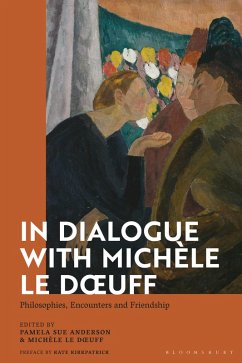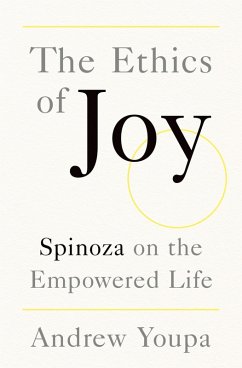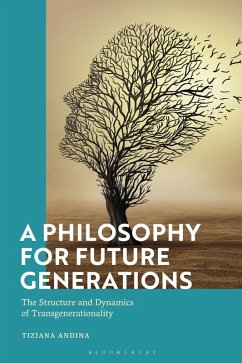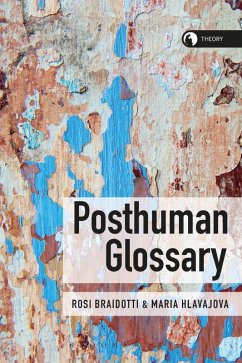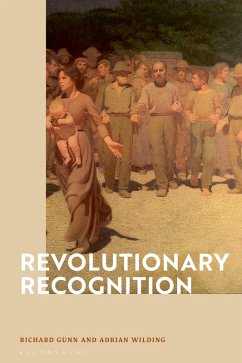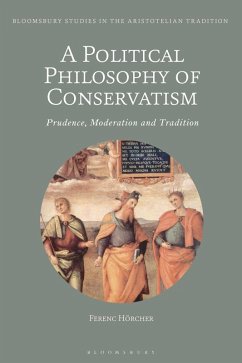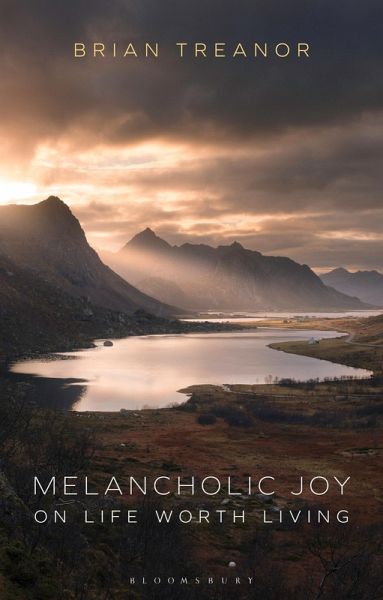
Melancholic Joy (eBook, PDF)
On Life Worth Living

PAYBACK Punkte
10 °P sammeln!
Today, we find ourselves surrounded by numerous reasons to despair, from loneliness, suffering and death at an individual level to societal alienation, oppression, sectarian conflict and war. No honest assessment of life can take place without facing up to these facts and it is not surprising that more and more people are beginning to suspect that the human story will end in tragedy. However, this focus on despair does not paint a complete and accurate picture of reality, which is also inflected with beauty and goodness. Working with examples from poetry and literature, including Virginia Wool...
Today, we find ourselves surrounded by numerous reasons to despair, from loneliness, suffering and death at an individual level to societal alienation, oppression, sectarian conflict and war. No honest assessment of life can take place without facing up to these facts and it is not surprising that more and more people are beginning to suspect that the human story will end in tragedy. However, this focus on despair does not paint a complete and accurate picture of reality, which is also inflected with beauty and goodness. Working with examples from poetry and literature, including Virginia Woolf and Jack Gilbert and the films of Terrence Malick, Melancholic Joy offers an honest assessment of the human condition. It unflinchingly acknowledges the everyday frustrations and extraordinary horrors that generate despair and argues that the appropriate response is to take up joy again, not in an attempt to ignore or dismiss evil, but rather as part of a "melancholic joy" that accepts the mystery of a world both beautiful and brutal.




